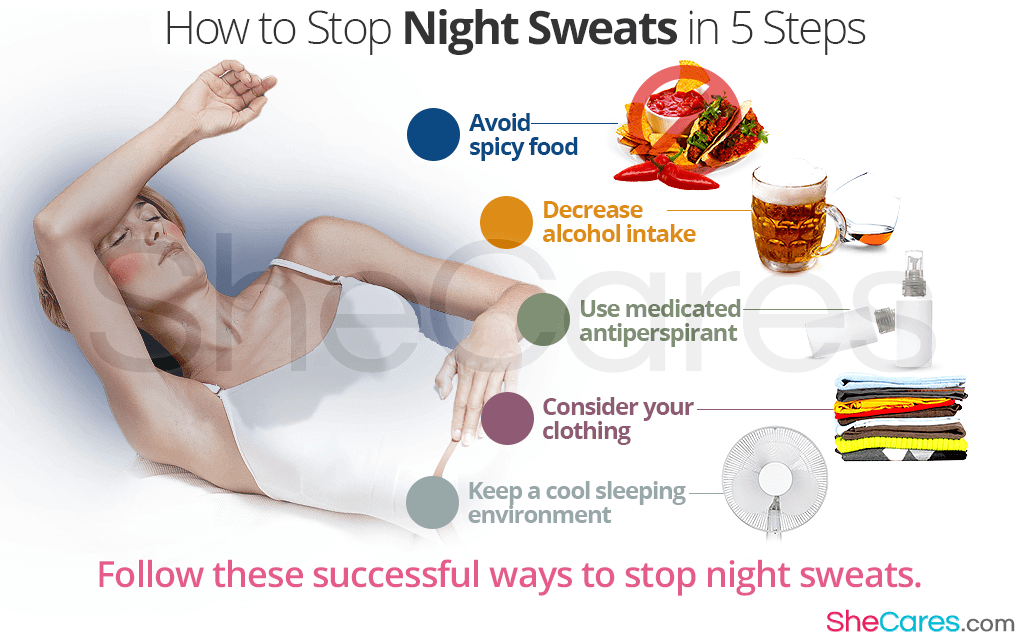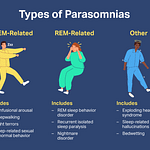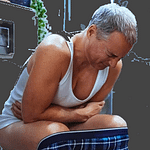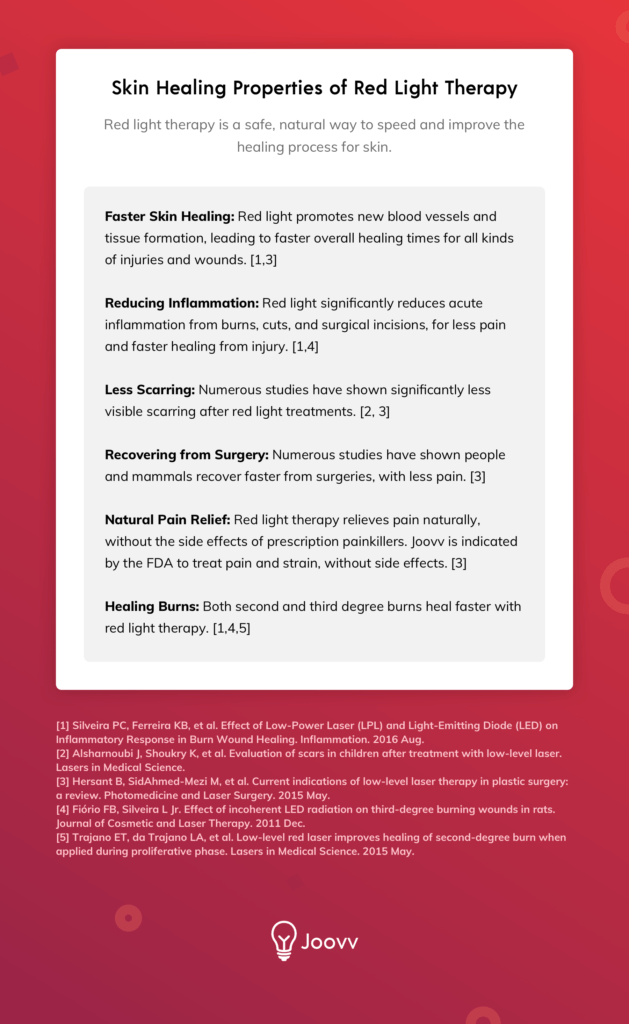How to stop night sweats
Night sweats can be a bothersome condition that affects many people, causing them to drench their clothes and bedding in sweat while they sleep. It is important to understand what night sweats are and what might be causing them in order to find effective solutions.
What are night sweats and what causes them?
Definition of night sweats
Night sweats, also known as sleep hyperhidrosis, refer to excessive sweating during sleep. It goes beyond the normal sweating that occurs to regulate body temperature. Instead, it can be described as drenching sweat that disrupts your sleep and leaves you feeling clammy and uncomfortable.
Common causes of night sweats
There are several common causes of night sweats, which can help you identify the underlying issue. Menopause, for example, is a common cause of night sweats in women. During menopause, hormonal fluctuations can result in hot flashes and night sweats. Certain medications, such as antidepressants, can also cause night sweats as a side effect. Additionally, medical conditions such as hyperhidrosis, a condition characterized by excessive sweat, can contribute to night sweats.
Understanding hyperhidrosis
Hyperhidrosis occurs when the body produces more sweat than necessary to regulate body temperature. This condition can affect the entire body or specific areas such as the palms, feet, or underarms. If you experience night sweats along with excessive sweating during the day, it may be worth exploring hyperhidrosis as a potential cause of your night sweats.
Are night sweats a symptom of menopause?
Exploring menopause and night sweats
Menopause is a natural biological process that marks the end of a woman’s reproductive years. One of the common symptoms of menopause is hot flashes, which can also cause night sweats. Hot flashes are sudden and intense feelings of heat that usually last from a few seconds to a few minutes. They can occur during the day or night and may be accompanied by sweating, flushing, and a rapid heartbeat.
How to manage night sweats during menopause
If you are experiencing night sweats as a result of menopause, there are several strategies you can try to manage the symptoms. Creating a cooler sleeping environment by using fans, keeping the room temperature lower, and using breathable bedding can help regulate your body temperature during the night. Choosing moisture-wicking pajamas made from natural fibers can also help keep you comfortable and minimize sweating. In some cases, hormone replacement therapy may be recommended by your doctor to alleviate the symptoms of menopause, including night sweats.
Does hormone replacement therapy help?
Hormone replacement therapy (HRT) involves taking hormones, usually estrogen and progestin, to treat the symptoms of menopause. It can be an effective treatment for hot flashes and night sweats, as it helps balance hormonal levels in the body. However, it is important to discuss the potential risks and benefits of HRT with your doctor, as it may not be suitable for everyone.
How can I stop night sweats during the night?
Creating a cooler sleeping environment
One effective way to stop night sweats is by creating a cooler sleeping environment. Ensure that your bedroom is well-ventilated and invest in a good quality fan to circulate air. Keep the room temperature cool, ideally between 60 and 67 degrees Fahrenheit, to help regulate your body temperature while you sleep.
Choosing breathable bedding
The type of bedding you use can also have an impact on night sweats. Opt for lightweight and breathable materials, such as cotton or bamboo, that allow air to circulate and moisture to evaporate. Avoid synthetic fabrics that can trap heat and moisture, exacerbating night sweats.
Managing body temperature through clothing
The clothes you wear to bed can also influence night sweats. Choose loose-fitting, lightweight pajamas made from natural fibers that allow your skin to breathe. Avoid tight-fitting clothes and synthetic fabrics that can trap heat and make you feel uncomfortably hot during the night.
What underlying medical conditions can cause night sweats?
Investigating potential medical conditions
If you are experiencing frequent or severe night sweats, it is important to investigate potential underlying medical conditions. Night sweats can be a symptom of certain medical conditions such as infections, hormone disorders, and even cancer. If you are concerned about the cause of your night sweats, consult with your healthcare provider for a proper evaluation.
Night sweats and medications
It is also worth considering any medications you may be taking, as they could be the cause of your night sweats. Certain medications, like antidepressants and hormone therapies, can trigger night sweats as a side effect. If you suspect that your medication is causing your night sweats, consult with your doctor. They may be able to adjust your dosage or prescribe an alternative medication that does not have the same side effect.
When to seek medical attention
While occasional night sweats are generally harmless, frequent and severe night sweats can be a cause for concern. If you experience night sweats that disrupt your sleep on a regular basis or are accompanied by other concerning symptoms, it is important to seek medical attention. Your doctor can help determine the underlying cause of your night sweats and recommend appropriate treatment options.
Are there any lifestyle changes that can help reduce night sweats?
Identifying triggers for night sweats
In addition to managing the symptoms, there are several lifestyle changes that can help reduce night sweats. Start by identifying any triggers for your night sweats. This could involve keeping a journal to track your symptoms and identifying patterns or triggers such as spicy foods, caffeine, or alcohol. Avoiding these triggers or limiting your intake may help reduce the frequency and severity of your night sweats.
Managing hot flashes naturally
Practicing relaxation techniques such as deep breathing exercises, meditation, or yoga can help manage hot flashes and reduce night sweats. Additionally, maintaining a regular exercise routine and maintaining a healthy weight can help regulate hormones and reduce the intensity of hot flashes experienced during menopause.
Adjusting diet and avoiding spicy foods
Some foods and beverages, particularly spicy foods, caffeine, and alcohol, can trigger hot flashes and night sweats. Adjusting your diet and avoiding such triggers can help alleviate your symptoms. Opt for a balanced diet that includes plenty of fruits, vegetables, whole grains, and lean proteins.
By understanding the causes and triggers of night sweats, you can take proactive steps to manage the condition and improve your sleep quality. Whether it’s creating a comfortable sleeping environment, exploring potential medical conditions, or making lifestyle changes, there are various strategies you can try to stop night sweats and enjoy a restful night’s sleep.’
How to Stop Night Sweats – Frequently Asked Questions
1. What are night sweats?
Night sweats are episodes of excessive sweat that occur during sleep. They can be characterized by waking up drenched in sweat and are often unrelated to the room temperature or blankets you use.
2. What are the common causes of night sweats?
There are several common causes of night sweats, including hormonal changes such as those experienced during menopause or perimenopause. Night sweats may also be caused by medical conditions like hyperhidrosis or as a side effect of certain medications like antidepressants.
3. How do hot flashes and night sweats relate to each other?
Hot flashes and night sweats are closely related. Hot flashes are sudden feelings of heat that are typically accompanied by sweating, whereas night sweats specifically refer to excessive sweating that occurs during sleep. Often, women experiencing hot flashes during the day may also experience night sweats.
4. Are night sweats common in women?
Yes, night sweats are common in women, especially during menopause. The North American Menopause Society states that approximately 75% of menopausal women experience night sweats to some degree.
5. Is excessive sweat during sleep always a sign of a medical condition?
No, excessive sweat during sleep may not always be a sign of a medical condition. Sometimes, it can be a normal physiological response to external factors such as warm climates, spicy foods, or heavy bedding. However, if the night sweats are persistent, severe, or disruptive to your sleep, it is advisable to consult with a healthcare professional.
6. What can I do to reduce night sweats?
To help reduce night sweats, you can try the following:
- Use lightweight and breathable bedding
- Keep your bedroom cool and well-ventilated
- Avoid consuming spicy foods or hot drinks before bedtime
- Wear moisture-wicking pajamas
- Practice relaxation techniques to manage stress levels
7. Should I see a doctor if I experience night sweats?
If you frequently experience night sweats that disrupt your sleep or are accompanied by other concerning symptoms, it is advisable to consult with a doctor. They can help determine the underlying cause and provide appropriate treatment if necessary.
8. Can night sweats be caused by an underlying medical condition?
Yes, night sweats can be caused by an underlying medical condition. Some common medical conditions that can cause night sweats include:
1. Infections: Certain bacterial or viral infections, such as tuberculosis, endocarditis, and HIV/AIDS, can cause night sweats.
2. Hormonal conditions: Hormonal imbalances like hyperthyroidism, diabetes, and menopause can lead to night sweats.
3. Cancer: Several types of cancer, including lymphoma, leukemia, and carcinoid tumors, can cause night sweats as a symptom.
4. Neurological disorders: Conditions like autonomic dysreflexia, stroke, and autonomic neuropathy can cause night sweats.
5. Sleep disorders: Night sweats can be a symptom of sleep apnea, a condition in which a person temporarily stops breathing during sleep.
6. Medications: Certain medications, such as antidepressants, hormone therapy drugs, and some antipyretics, can cause night sweats as a side effect.
It is important to see a healthcare professional if you experience frequent or severe night sweats to determine the underlying cause and receive appropriate diagnosis and treatment.















